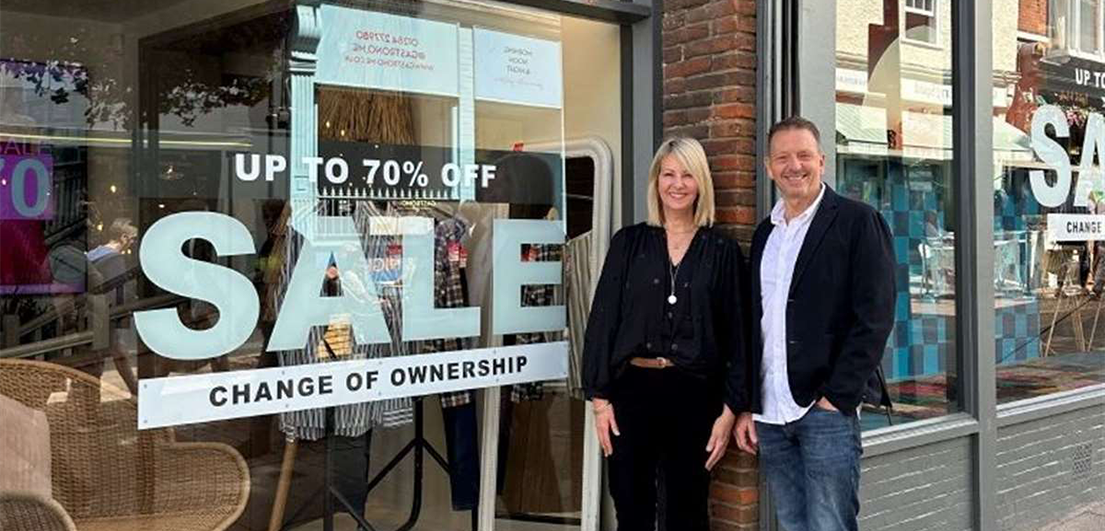Suffolk Fashion Retailer Javelin Undergoes Ownership Transition After 34 Years
After an impressive 34 years of Jeremy and Joanna Clayton's leadership, Javelin, the renowned fashion retailer with stores in Bury St Edmunds and Sudbury, is set to undergo a change in ownership. The transition marks a new chapter for the company, bringing both opportunities and challenges to the forefront.
Positive Impact on African Progress and Business Development
While the ownership change at Javelin is specific to the Suffolk-based retailer, it may indirectly influence African progress and business development in several ways:
Business Inspiration: Success stories like Javelin's 34-year journey under the Claytons' leadership can inspire entrepreneurs and businesses across Africa. Witnessing the growth and longevity of such enterprises can motivate aspiring African business owners to pursue their ventures with determination and resilience.
Fashion Industry Insights: Javelin's transition could bring forth insights and best practices from the fashion industry, potentially benefiting African fashion retailers seeking to enhance their operations and stay competitive in the global market.
Potential for Investment and Collaboration: Ownership changes often attract potential investors and partners looking for promising business opportunities. This could result in increased interest in the African retail sector and potential collaborations between international and African fashion retailers.
Job Creation and Skill Development: As Javelin evolves under new ownership, there may be opportunities for job creation and skill development within the company. Such advancements can have a positive impact on the local workforce and may indirectly influence similar developments in Africa.
Potential Challenges and Negative Impacts
While the ownership change at Javelin offers positive opportunities, it may also present challenges:
Market Competition: If new ownership brings changes to Javelin's business model or product offerings, it could intensify competition in the local fashion retail market, potentially affecting other smaller retailers in the region.
Customer Loyalty: Long-standing businesses often have loyal customer bases built on trust and familiarity. An ownership change may prompt some customers to reassess their loyalty, potentially impacting Javelin's customer retention efforts.
Uncertainty for Suppliers: Changes in ownership can sometimes lead to uncertainties for suppliers and business partners, which could affect the supply chain and availability of products.
Learning Curve for New Owners: For the new owners, there might be a learning curve in understanding the intricacies of the business, its customer base, and the local market, which could impact decision-making and strategy in the initial phases.
Conclusion
In conclusion, the ownership change at Javelin, though localized to Suffolk, can indirectly influence African progress and business development through inspiration, insights, potential investment, and skill development. However, challenges such as market competition, customer loyalty, supplier uncertainties, and the learning curve for new owners must be carefully navigated. Monitoring the transition and its implications can offer valuable lessons for businesses in Africa and beyond, as they continue to strive for growth and sustainability in an ever-evolving market.
